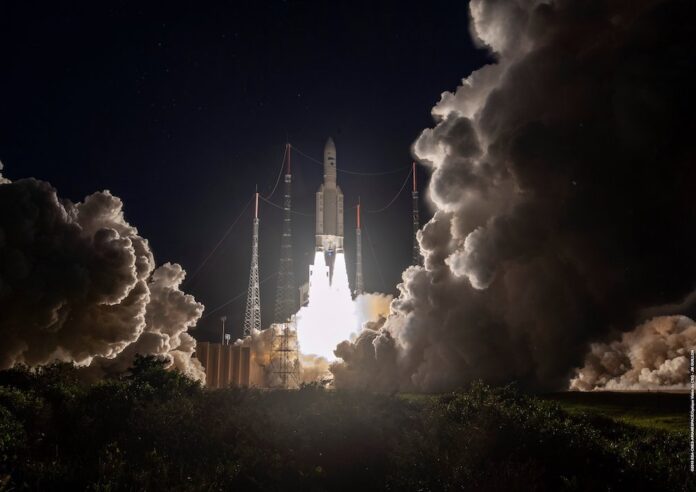
ZimSat-1 is latest to launch after delay
Zimbabwe is set to launch its first satellite ZimSat-1 into orbit in July or August, weather permitting, according to local news site Bulawayo 24. The nanosatellite will be launched from the Japanese KIBO Module – Japan’s science module for the International Space Station (ISS). With ZimSat-1 in orbit, Zimbabwe will become the 14th African country to have a presence in space. According to this report in The Economist 20 African countries now have space programmes.
Nigerians first
The launch of Nigeria’s first satellite, which was the second launched by a sub-Saharan African country, had some European taxpayer pressure groups questioning whether Nigeria needs development aid if it can afford a space programme. However, Nigeria’s spacecraft cost just $13m and the economic benefits of extended mobile would arguably bring rapid returns on that investment. The original costs of satellite launches in the region were minimal, says The Economist.
South Africa
South Africa’s sunsat, the region’s first satellite, was built by students at Stellenbosch University and was given free passage on a Nasa rocket. The ZimSat-1 launch continues the country’s recently established space programme, which began in 2018 with the launch of ZINGSA. ZimSat-1 was built by local engineers working with the Kyushu Institute of Technology in Japan. It will be launched by the Japan Aerospace Exploration Agency.
Zimbabwe
This ‘CubeSat’ is from a class of miniature satellites with a form factor of 10 cm cubes or units. Each unit typically weighs less than 1.33 kg. The launch had been planned for February but was delayed by Covid-19 complications. ZimSat-1 has been hailed as a major milestone for the nation and will help it explore for minerals, monitor environmental hazards and droughts, map human settlements and track disease outbreaks, among other functions it will improve.
ZINGSA
Details of the precise projects it may support are not too clear, reports Zimbabwe news service Bulawayo 24. According to TechZim it could be used for mapping to support the Zimbabwe National Geospatial and Space Agency (ZINGSA) National Wetlands Masterplan, which involves a comprehensive map of the country’s wetlands across all 10 provinces. Investments in space programmes could foster local skills that attract investment and stimulate other areas of the economy, according to the Economist.
Students inspired
The Square Kilometre Array, an internationally funded radio telescope construction in South Africa, attracted €2bn ($2.3bn) of investment, is creating thousands of jobs and inspiring more student to take up engineering. A satellite study programme started on the Stellenbosch University campus in South Africa helped graduates find work at Dragonfly Aerospace, a firm based in Stellenbosch that hopes to build as many as 48 small satellites a year.
African development
“African countries missed out on the big shift in the world’s economy in the 1990s, when manufacturing moved from rich countries to poorer ones in Asia, because they were not nimble enough to open their economies and attract investment,” says The Economist. “Now they are entering the space industry just as it is being disrupted by new entrants, who are making small satellites that cost a fraction of the price of big ones made by incumbents. That offers a rare opportunity to countries and companies quick-witted enough to grasp it.”


